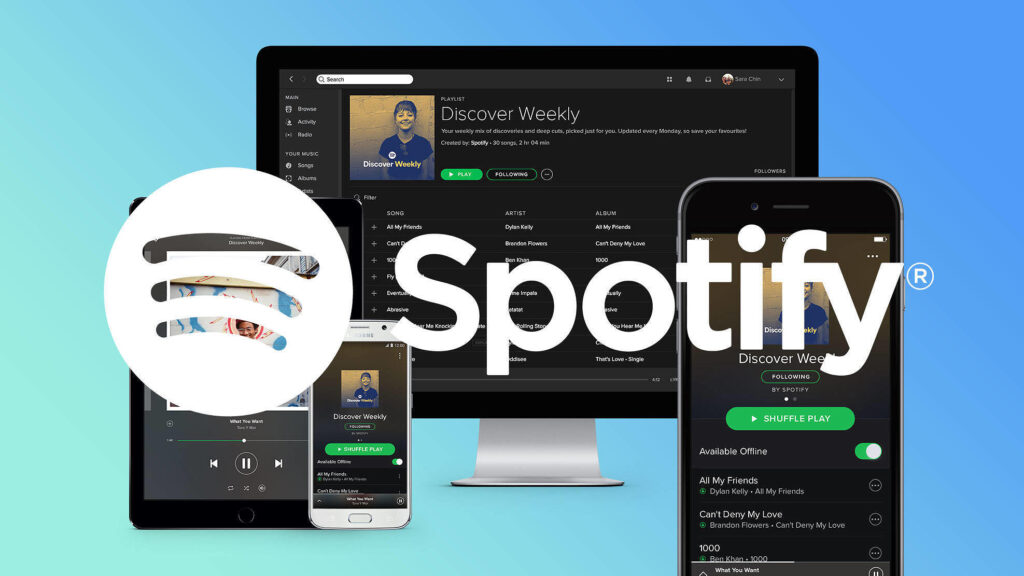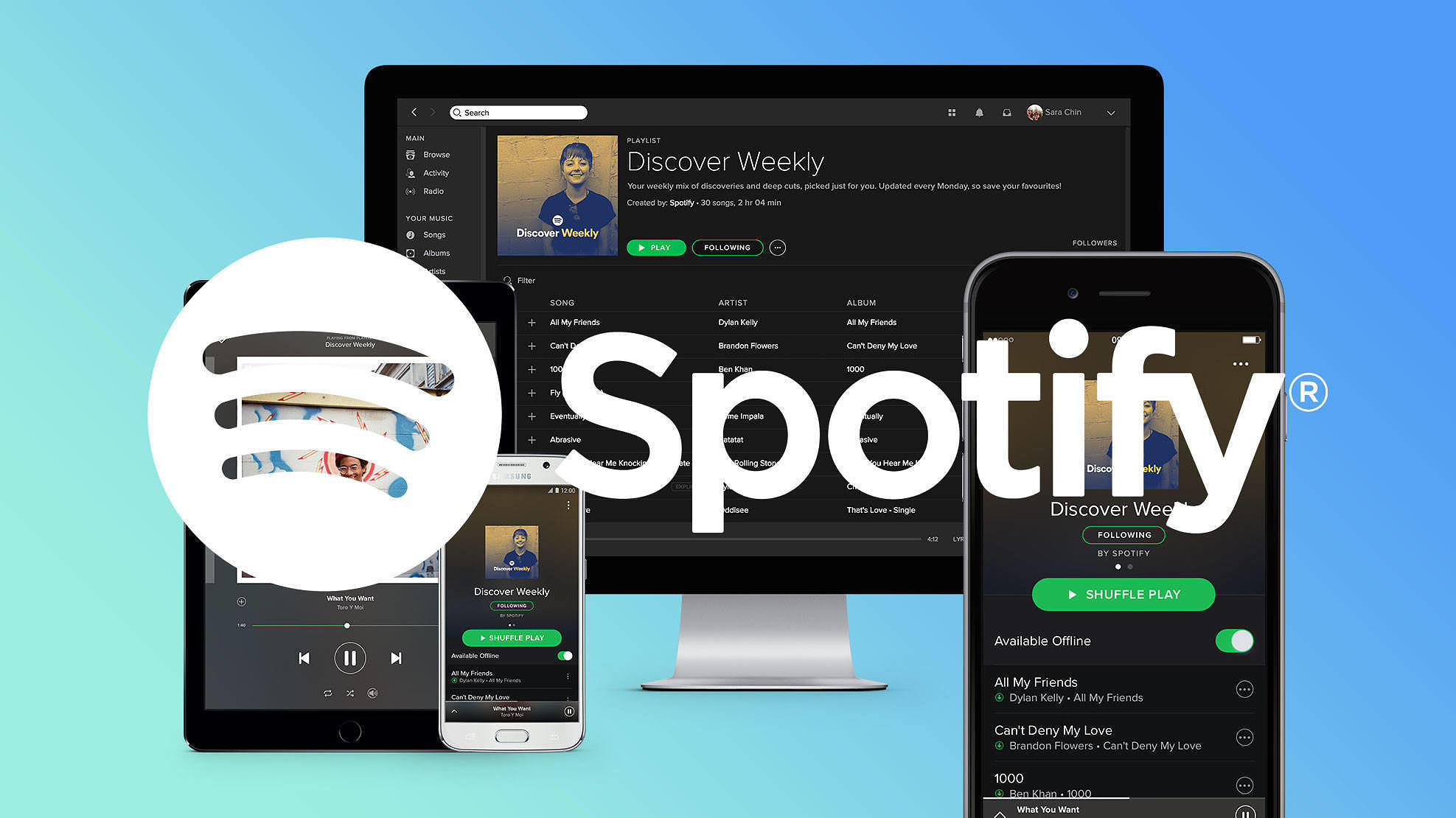
Tune In: How Music Festivals and Spotify are Changing the Game
The intersection of live music experiences and digital streaming platforms like Spotify has become a defining feature of the modern music landscape. Music festivals, once standalone events, are now intricately linked with Spotify, creating a symbiotic relationship that benefits artists, organizers, and fans alike. This article explores how music festivals leverage Spotify to enhance their reach, discover emerging talent, and provide fans with a more immersive and connected experience. From pre-festival playlists to post-event analytics, Spotify is reshaping the way we engage with music festivals.
The Rise of Music Festival Culture
Music festivals have evolved from niche gatherings to global cultural phenomena. Events like Coachella, Glastonbury, and Lollapalooza attract hundreds of thousands of attendees each year, offering a diverse lineup of artists, immersive art installations, and a sense of community. The allure of these festivals lies in their ability to create unique, unforgettable experiences that transcend the typical concert setting. The rise in popularity has led to an increase in the number of festivals, each vying for attention and aiming to carve out its own niche.
Spotify’s Role in the Music Industry
Spotify, as the leading music streaming service, has revolutionized how people consume music. With millions of tracks available at their fingertips, users can discover new artists, create personalized playlists, and stay up-to-date with the latest releases. Spotify’s algorithms and data-driven insights have also become invaluable tools for artists and labels, providing them with information on listener demographics, popular tracks, and emerging trends.
The Symbiotic Relationship: Music Festivals and Spotify
The collaboration between music festivals and Spotify is a mutually beneficial partnership. Here’s how they work together:
Pre-Festival Promotion
Spotify is a powerful tool for promoting music festivals. Festival organizers often create official Spotify playlists featuring artists performing at the event. These playlists serve as a preview of the festival’s lineup, allowing potential attendees to discover new music and get excited about the upcoming event. These playlists are heavily promoted through social media and other marketing channels, driving traffic to the festival’s website and ticket sales.
Artist Discovery and Selection
Spotify’s data analytics provide festival organizers with valuable insights into which artists are trending and resonating with audiences. By analyzing listener demographics, streaming numbers, and playlist inclusions, organizers can identify emerging talent and curate a diverse lineup that appeals to a wide range of musical tastes. This data-driven approach helps ensure that the festival features both established acts and up-and-coming artists, creating a dynamic and engaging experience for attendees.
Enhanced Fan Engagement
Spotify enhances fan engagement before, during, and after the music festival. Before the event, fans can listen to official playlists, discover new artists, and connect with other attendees through social media. During the festival, Spotify can offer exclusive content, such as live recordings and behind-the-scenes interviews. After the festival, fans can relive their favorite moments by listening to playlists featuring artists they saw perform live. This continuous engagement helps build a strong sense of community and loyalty among festival attendees.
Data-Driven Insights
Spotify provides music festivals with valuable data on listener behavior, which can be used to improve the festival experience. Organizers can analyze which artists were most popular, which songs were streamed the most, and how attendees interacted with the festival’s Spotify playlist. This data can inform decisions about future lineups, stage placement, and marketing strategies. [See also: Event Marketing Strategies for Music Festivals]
Examples of Successful Collaborations
Several music festivals have successfully partnered with Spotify to enhance their reach and engagement. For example:
- Coachella: Coachella has a long-standing partnership with Spotify, featuring official playlists, exclusive content, and on-site activations.
- Lollapalooza: Lollapalooza also utilizes Spotify extensively, creating curated playlists and offering live streaming of select performances.
- Bonnaroo: Bonnaroo leverages Spotify to promote its diverse lineup and engage with fans through interactive playlists and behind-the-scenes content.
The Future of Music Festivals and Spotify
The collaboration between music festivals and Spotify is likely to continue to evolve in the coming years. As technology advances, we can expect to see even more innovative ways for these two entities to work together. Some potential future developments include:
Personalized Festival Experiences
Spotify’s data can be used to create personalized festival experiences for individual attendees. By analyzing a user’s listening habits, Spotify can recommend artists, stages, and activities that are tailored to their specific interests. This level of personalization could significantly enhance the overall festival experience, making it more engaging and enjoyable for each attendee.
Virtual Reality and Augmented Reality Integration
Virtual reality (VR) and augmented reality (AR) technologies could be integrated into music festivals to create immersive and interactive experiences. Spotify could partner with festivals to offer VR livestreams of performances, allowing fans who are unable to attend the event in person to still experience the excitement of the live show. AR could be used to create interactive art installations and games within the festival grounds, enhancing the overall atmosphere and engagement. [See also: The Impact of Technology on Live Music]
Blockchain Technology and Ticket Sales
Blockchain technology could be used to improve the transparency and security of ticket sales for music festivals. By using a blockchain-based ticketing system, organizers can prevent fraud and scalping, ensuring that tickets are sold at fair prices. Spotify could potentially integrate with these systems to offer exclusive perks and rewards to users who purchase tickets through the platform.
Challenges and Considerations
While the collaboration between music festivals and Spotify offers many benefits, there are also some challenges and considerations to keep in mind:
Data Privacy
The use of data to personalize festival experiences raises concerns about data privacy. It’s important for Spotify and festival organizers to be transparent about how they are collecting and using data, and to ensure that they are complying with all relevant privacy regulations.
Exclusivity
Exclusive partnerships between music festivals and Spotify could potentially limit access to content for users who prefer other streaming services. It’s important for organizers to consider the impact of these partnerships on the broader music community.
Authenticity
As music festivals become increasingly commercialized, there is a risk that they could lose their authenticity and sense of community. It’s important for organizers to maintain a balance between commercial partnerships and the core values that make music festivals unique and special.
Conclusion
The relationship between music festivals and Spotify is transforming the music industry. By leveraging Spotify’s data and technology, music festivals can enhance their reach, discover emerging talent, and provide fans with a more immersive and connected experience. While there are challenges and considerations to keep in mind, the potential benefits of this collaboration are significant. As technology continues to evolve, we can expect to see even more innovative ways for music festivals and Spotify to work together, shaping the future of live music experiences. The ability to discover a new artist on Spotify and then experience them live at a music festival is a powerful testament to this synergy.

